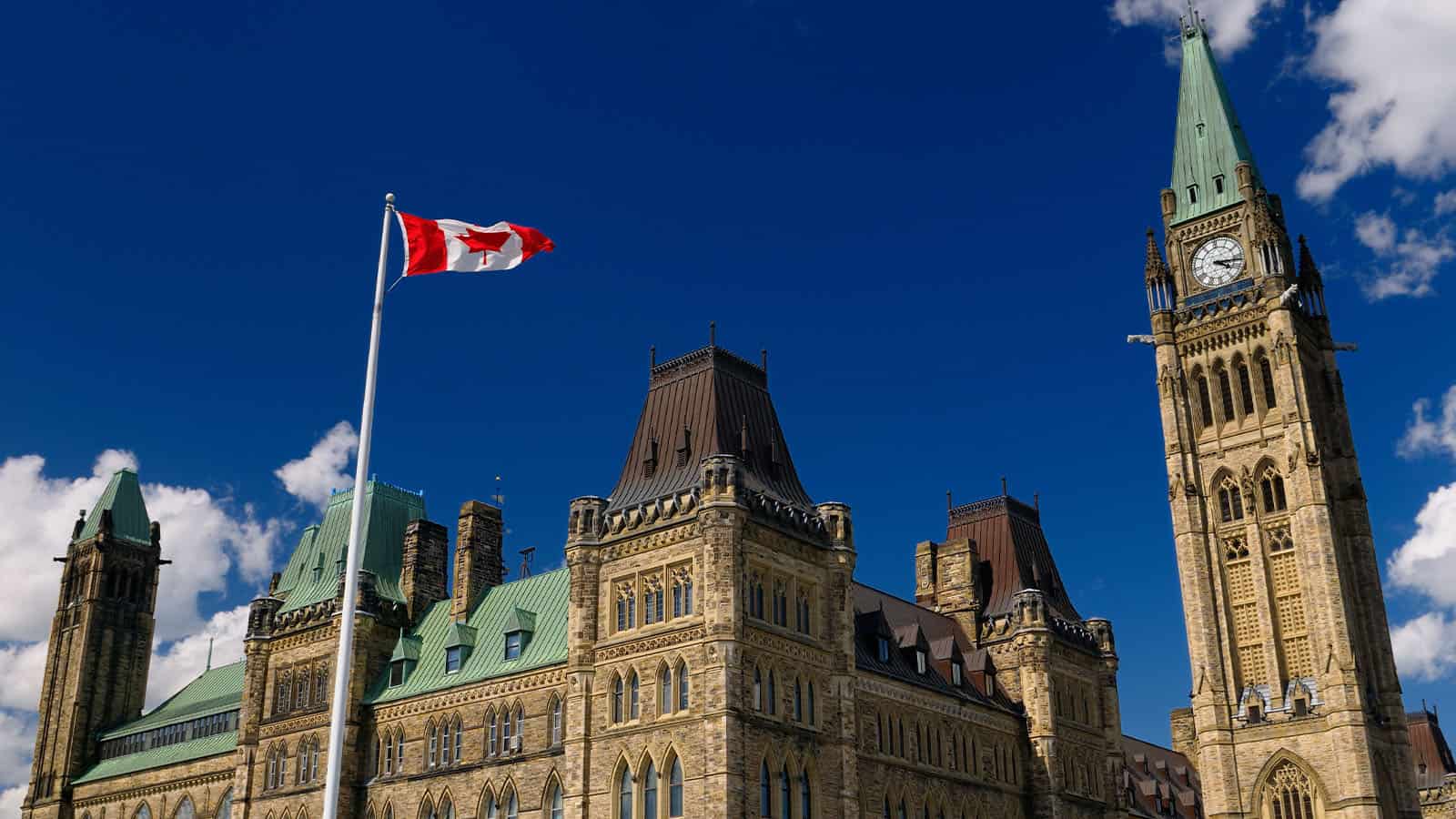The Canadian Immigration Lawyers Association (CILA) has urged the Government of Canada to introduce an immigrant bill of rights and an Ombudsperson to improve the immigration system.
A CILA report outlines steps to enhance the newcomer experience. The association said the goal is to give policymakers a comprehensive view of legislative changes it believes are most urgent.
The “Let’s Clean Up Our Act” report focuses on legislative reforms of the Immigration and Refugee Protection Act (IRPA).
It aims to provide policymakers with a comprehensive view of the legislative changes Canadian immigration lawyers see as most urgent.
“Introducing an Immigrant Bill of Rights and Ombudsperson is crucial to improving the newcomer experience,” said Randy Hahn, VP of CILA.
Read More
IRCC Data Shows Drop In Spousal Sponsorship Immigration
Canada To Help More Refugees From Gaza Amidst Israeli-Palestinian War
Canada Issues 3,000 Express Entry Invitations to Apply (ITAs) For the Canadian Experience Class
“Amid record levels of applications, IRCC and CBSA need to emphasize a more human-centric approach to treat the Canadian citizens of tomorrow with the courtesy and respect they deserve.”
Public Expectation
In its press release, the association said the Canada Revenue Agency has a Taxpayer Bill of Rights that outlines the public’s expectations of the agency’s service. The association argues that the public should have “expectations of fairness, transparency, and responsiveness when dealing with the IRCC and CBSA.”
MP’s staff deal with constituents on simple issues, and the CILA considers this an inefficient use of resources.
CILA expects the proposed Bill of Rights to address system gaps and streamline the process. The association calls for specific changes to create more precise guidelines for treating immigrants and reduce bureaucratic barriers.
An Ombudsperson would have independent oversight, investigative, and mediating functions, ensuring accountability while providing a voice for immigrants.
Immigration, Refugees, and Citizenship Canada’s 2024–25 Departmental Plan, published on its website on February 29, 2024, says it has introduced additional resources, new technology, and streamlined processing to bring more services online.
The government has proposed Bill C-20 to ensure public trust in Canada’s law enforcement and border services institutions. However, the CBSA’s mandate involves mainly border services but also immigration, as it administers legislation that governs the admissibility and removal of people as required. A Bill of Rights and Office of the Ombudsperson would work with CBSA operations and existing mechanisms.
“This is a critical time to comprehensively review IRPA,” Hahn said.
“Following the Second World War, Parliament has typically introduced new immigration legislation every 25 years or so, yet IRPA has not been comprehensively reviewed and amended since its proclamation in 2021.”
Canada’s demographic, social, and economic status continues to change, and CILA expects legislation to reflect current realities.
The CILA’s review coincides with the government’s announcement on October 31, 2023, to assess and reform the IRPA. The government’s actions include improving service standards, removing barriers to bringing people to Canada’s needs, and improving communications for a more human-centric approach.
Reflecting Values
The report said CILA’s recommendations “are intended to reflect the very values identified in the legislation: equity, financial growth, family support, compassion, flexibility, due process and fairness.”
The recommendations include repealing, amending, and adding to sections of the legislation, representing a sampling of the comprehensive report.
CILA recommends repealing the exclusion from the family class of previously undisclosed family members not examined as part of the sponsor’s application. The association calls the provision “overbroad” and a “violation of the objective of family reunification.”
Under temporary residents, the association recommends an amendment to remove “will leave Canada by the end of the period authorized for their stay” and replace it with “if and when they are required to do so.” The rationale is that many temporary residents request an extension of their stay, and the current language has a punitive connotation.
CILA recommends that the fiancé relationship category in the family classes, that was removed from IRPA due to operational difficulties, be restored. The conjugal partner category was meant to be an alternative for applicants in relationships who could not marry or were prevented due to challenges. CILA supports the addition of fiancé relationships to the family class in addition to common law and conjugal partner relationships.
Human Rights Standard
Implementing the CILA recommendations would strengthen Canada’s international reputation and uphold human rights standards, thus enhancing the global perception of Canada as a welcoming nation. It would also plug loopholes, reduce long-term costs associated with mismanagement and litigation, and create a vision for a fairer and more just immigration system in Canada.
The 40-page report is CILA’s call to action to stakeholders and policymakers as Canada continues to focus on attracting the best and brightest as part of its strategy for population management and an improved immigrant experience.



